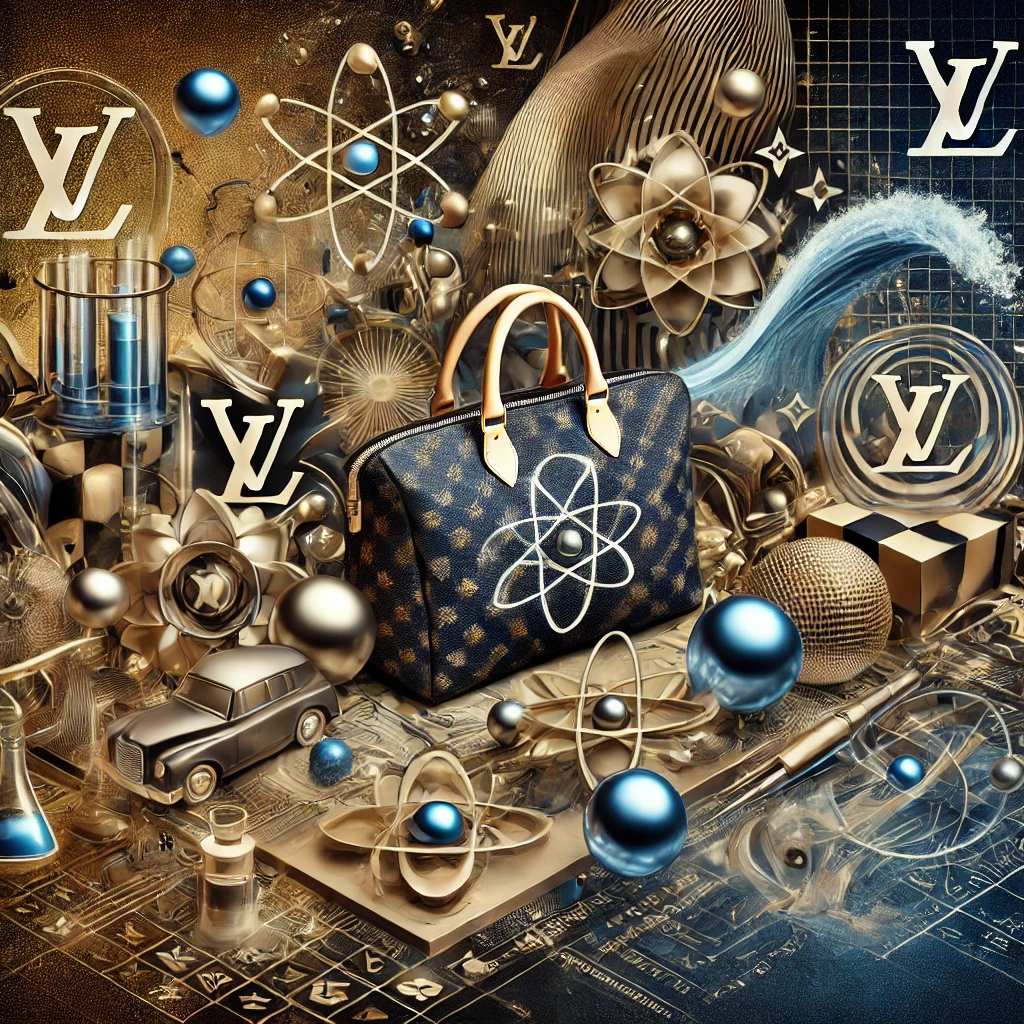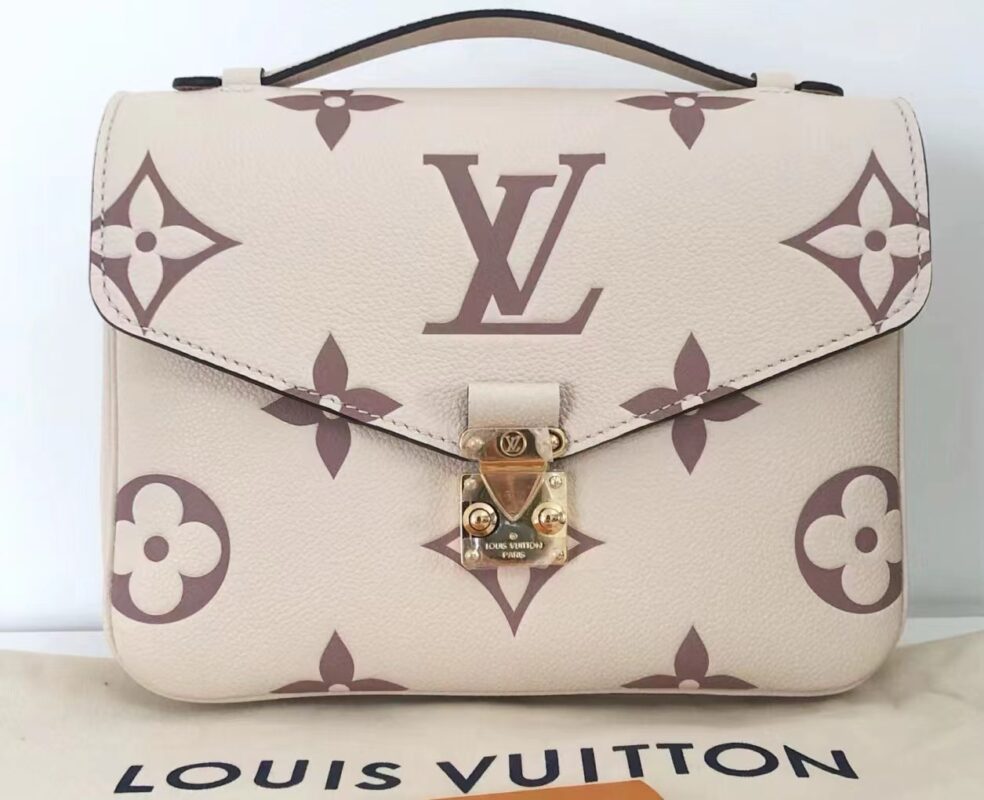In a world increasingly influenced by advanced technologies and unique consumer behaviors, the relationship between quantum mechanics and the luxury fashion industry may seem unusual at first glance. However, a closer examination reveals intriguing parallels and concepts that resonate across these seemingly disparate fields. This article explores how the principles of quantum mechanics can shed light on the phenomenon of replica Louis Vuitton products, their implications for consumer behavior, and the future of luxury branding.
Quantum Mechanics: A Brief Overview
Quantum mechanics is a fundamental theory in physics that describes the physical properties of nature at the scale of atoms and subatomic particles. Unlike classical mechanics, which operates on deterministic principles, quantum mechanics is characterized by probabilities, uncertainty, and the phenomenon of superposition. In this realm, particles can exist in multiple states simultaneously until observed, leading to unique behaviors that challenge our classical understanding of reality.
The Replica Louis Vuitton Market
Louis Vuitton, a brand synonymous with luxury, craftsmanship, and exclusivity, has a significant presence in the global fashion market. However, the rise of counterfeit and replica products has presented a challenge to the brand’s integrity and value. Replica Louis Vuitton items often aim to mimic the original products’ designs, materials, and branding, catering to consumers seeking the status associated with luxury without the accompanying price tag.
The replica market thrives on various factors, including economic disparities, accessibility, and consumer desires for status and identity. Many individuals may not have the means to afford genuine luxury items, prompting them to seek replicas that allow them to participate in the luxury culture without the financial burden.
Quantum Principles and Consumer Behavior
The connection between quantum mechanics and the replica market can be drawn through the lens of uncertainty and consumer choices. In quantum mechanics, the concept of superposition implies that particles can exist in multiple states simultaneously. This idea parallels the diverse motivations and identities consumers adopt in the luxury market.
- Superposition of Identities: Consumers often navigate multiple identities and roles in their lives. For instance, a person may be a professional, a parent, and a trendsetter. The decision to purchase a replica Louis Vuitton item can reflect a superposition of these identities, allowing individuals to express their style and aspirations without fully committing to the luxury brand’s financial implications.
- Uncertainty in Value: Quantum mechanics introduces the idea of uncertainty, which resonates with consumer behavior in the replica market. The perceived value of luxury items can fluctuate based on trends, social influences, and individual preferences. Consumers may grapple with uncertainty regarding the authenticity of their purchases, leading them to opt for replicas that offer a semblance of luxury without the risk of investment.
Implications for the Luxury Industry
The relationship between quantum mechanics and the replica Louis Vuitton phenomenon underscores broader implications for the luxury industry:
- Brand Perception and Identity: As consumers embrace various identities, luxury brands must adapt to a landscape where authenticity and representation coexist. Brands can engage with consumers by recognizing their diverse motivations and aspirations, potentially fostering a sense of community around shared values.
- Embracing Change: Just as quantum mechanics challenges our understanding of reality, the luxury industry must embrace change and innovation to remain relevant. Collaborating with technology, exploring sustainable practices, and redefining luxury in a way that resonates with consumers’ evolving identities can pave the way for a more inclusive luxury landscape.
While quantum mechanics and the replica Louis Vuitton market may appear to inhabit separate realms, the underlying principles of uncertainty, identity, and consumer behavior reveal a fascinating intersection. Understanding this relationship can empower luxury brands to navigate a rapidly changing landscape, where the lines between authenticity and replication blur. By embracing the complexities of consumer motivations and identities, luxury brands can foster deeper connections with their audiences and redefine their value in the modern marketplace.



































